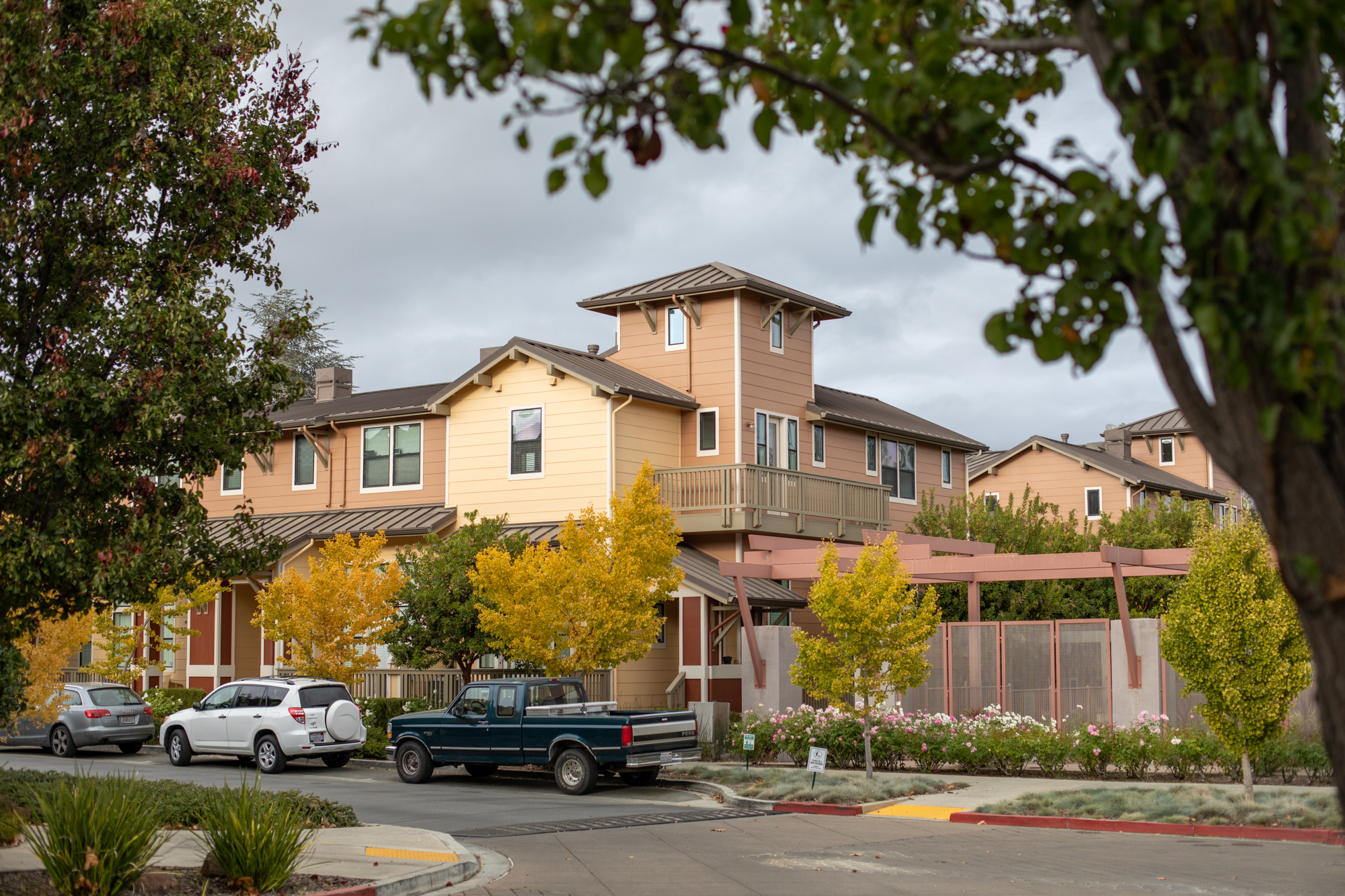Two pro-housing groups are asking the court to limit Palo Alto's control over approving development applications because it has not adopted a plan for adding more than 6,000 new dwellings by the state's Jan. 31 deadline.
Like most other Bay Area jurisdictions, the city has not yet received any feedback from the state Department of Housing and Community Development on its draft Housing Element, which the city submitted on Dec. 23. The document, which took more than a year of work, lays out the city's plan to add 6,086 new dwellings by 2031. As of last week, only a few cities, including Alameda, Emeryville, San Francisco and Redwood City, have received a green light from the state.
The lawsuit was filed in the Santa Clara County Superior Court on Feb. 2 by the nonprofits Yes In My Backyard (YIMBY) and the California Housing Defense Fund. The two groups point to a provision in the Housing Element Law that restricts the ability of cities with drafts that are not in "substantial compliance" with the law to disapprove housing developments that have an affordability component.
The law also requires jurisdictions that are more than 120 days late to complete all the required zoning changes to implement their plans within one year, rather than three.
The groups have filed 12 lawsuits against various Bay Area jurisdictions and plan to file more in the coming weeks, according to an announcement from the nonprofits. The group of cities being sued includes Belvedere, Burlingame, Cupertino, Daly City, Fairfax, Martinez, Novato, Palo Alto, Pinole, Pleasant Hill and Richmond.
"There's no excuse for these cities to be in violation of state law," Sonja Trauss, YIMBY Law Executive Director, said in a news release. "Cities have had years to plan for this. They've also received resources and feedback from us, our volunteer watchdogs, and HCD."
The cities, she said, are "trying to push the responsibility onto other communities and avoid having to welcome new neighbors. It's time for them to be held accountable."
The two nonprofits claim that they had sent the city a letter in December informing them that they would forego litigation if city officials acknowledge in writing that they would "not be in substantial compliance" by Jan. 31 and that they will be "prohibited from rejecting any (affordable) housing development" based on the Housing Accountability Act. The city reportedly did not submit a response.
"Because the City has not adopted a sixth revision of its housing element, and its statutory deadline has passed, the City is out of compliance with the Housing Element Law," the petition states.
The City Council approved its draft Housing Element in November, launching a 30-day public review period before the document was forwarded to the state for review. Council members have said that they expect that Palo Alto, like almost every other city, will be required to make some revisions to its plan and resubmit it before getting an approval, a process that typically takes months.
Palo Alto's plan focuses much of the city's future growth in commercial and industrial areas in the southern end of the city, around San Antonio Road and Fabian Way. The strategy banks of rezoning these areas for residential use and constructing about 2,000 new dwellings at 290 sites in this area.
Other strategies call for building housing at public parking lots, encouraging accessory dwelling units and increasing allowed density in areas near transit.
The petition from Keith Diggs of Yes in My Backyard and Dylan Casey, executive director of the California Housing Defense Fund, asks the Santa Clara County Superior Court for a writ of mandate requiring the city to adopt its new Housing Element in accordance with the state schedule. They also request a declaration finding that the city is out of compliance with the Housing Element Law "from Feb. 1, 2023, until the City lawfully adopts a sixth revision of its housing element that substantially complies with the Housing Element Law."
"It is unacceptable that most Bay Area cities have failed to come up with plans to address the ongoing housing crises," Casey said. "We cannot begin to fix our housing problems when local governments respond to clear state directives by dragging their feet and looking for loopholes to avoid their responsibilities to provide needed housing growth. We hope these lawsuits will help get cities back on track."
The petitioners are also asking that the court order the city to rezone sites according to the accelerated schedule and that it be barred from relying on code provisions to disapprove of housing projects or make such projects infeasible.



Comments
Registered user
Old Mountain View
on Feb 8, 2023 at 9:49 pm
Registered user
on Feb 8, 2023 at 9:49 pm
Just an Observation,
The ENTIRE COUNTY is now being sued too, which means Mountain view is stuck in litigation already, But we are next on the list too. If we cannot get our plan approved